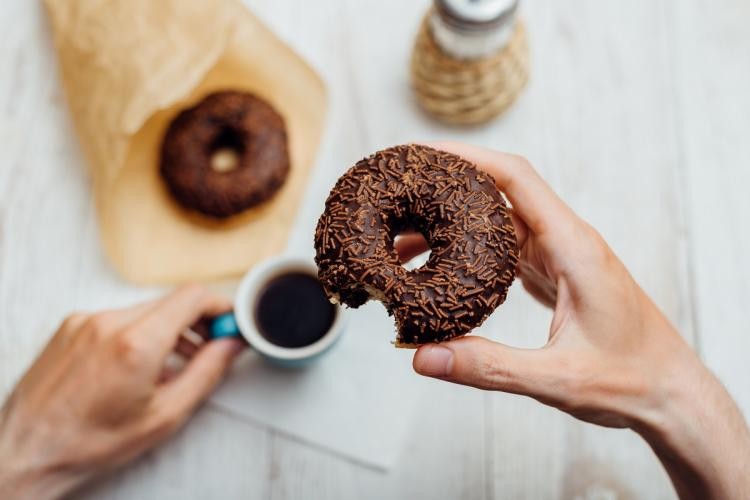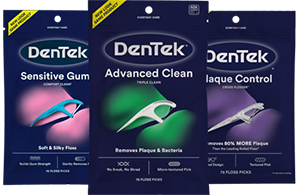Everyday Habits that Can Trigger Teeth Grinding or Make It Worse

Is there something you’re doing that could be causing you to grind your teeth at night? You may be surprised at some of the everyday habits many people have that can cause teeth grinding (also called bruxism) or make teeth grinding worse.
Everyday Causes of Teeth Grinding
A simple habit such as chewing gum could be one of the reasons you’re grinding your teeth at night. Chewing gum gets you used to clenching your jaw, making it more likely you’ll do so even when not chewing.
Other habits that can lead to bruxism include:
- Chewing or biting on a pencil, pen, toothpick or other object. Chewing gum or on objects throughout the day can get your body used to clenching your jaw, increasing the likelihood you’ll continue to tighten your jaw muscles even when you’re not chewing.
- Consuming caffeine in foods or drinks such as chocolate, cola or coffee. Caffeine is a stimulant that can increase muscle activity such as jaw clenching.
- Smoking cigarettes, e-cigarettes and chewing tobacco. Tobacco contains nicotine, which is also a stimulant that affects the signals your brain sends to your muscles. Heavy smokers are two times as likely to grind their teeth—and do so more often—than non-smokers.
- Drinking alcohol, which tends to make teeth grinding worse. Alcohol can interrupt sleep patterns and alter the neurotransmitters in your brain. This can trigger muscles to hyperactivate, which can result in nighttime teeth grinding. Dehydration, often a result of heavy drinking, may contribute to teeth grinding too.
- Snoring, specifically sleep apnea may be linked with teeth grinding at night. Researchers aren’t clear on exactly why, but many think it’s due either to arousals (due to obstructive sleep apnea) that increase the body’s stress response or airway instability that triggers the brain to tighten the jaw muscles to stiffen the throat.
- Taking certain antidepressants, psychiatric medications or illegal drugs. Medications like these work on the neurotransmitters and chemical responses of your brain, which can affect muscle response and trigger teeth grinding. Sometimes a change in medication or dosage can help.
Why Is Teeth Grinding a Problem and How Do I Fix It?
Grinding your teeth regularly can damage, break and loosen your teeth. You also may experience tooth pain, jaw pain and headaches from nighttime grinding.
Until you can break your habit and the teeth grinding stops, consider wearing a dental guard while you sleep. This mouth guard designed to prevent teeth grinding at night puts a barrier or cushion between your upper and lower teeth. This relieves jaw tension and helps prevent wearing of enamel and other damage grinding can cause.
DenTek® Dental Guard to The Rescue
If you do not have any teeth damage or severe pain, you can likely try an over-the-counter dental guard while you work on stopping the habits that are triggering your bruxism. DenTek® offers a range of options for you – check our dental guard product page to find the one that will work best for you.
Not sure whether you need a dental guard yet? Read our article Grinding Your Teeth? Why You Should Get a Dental Guard Now.


